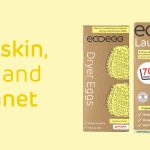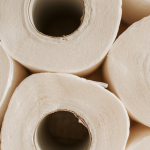The Rise of CleanTok
During the Covid -19 pandemic, the dreaded lockdown (or shall we say multiple lockdowns) ensued. Whether they were students grappling with online education or employees navigating the furlough scheme, everyone sought ways to pass the time within the confines of their four walls. Enter TikTok, the sensation of the moment, with its plethora of trends and hacks capturing the attention of millions.
#CleanTok
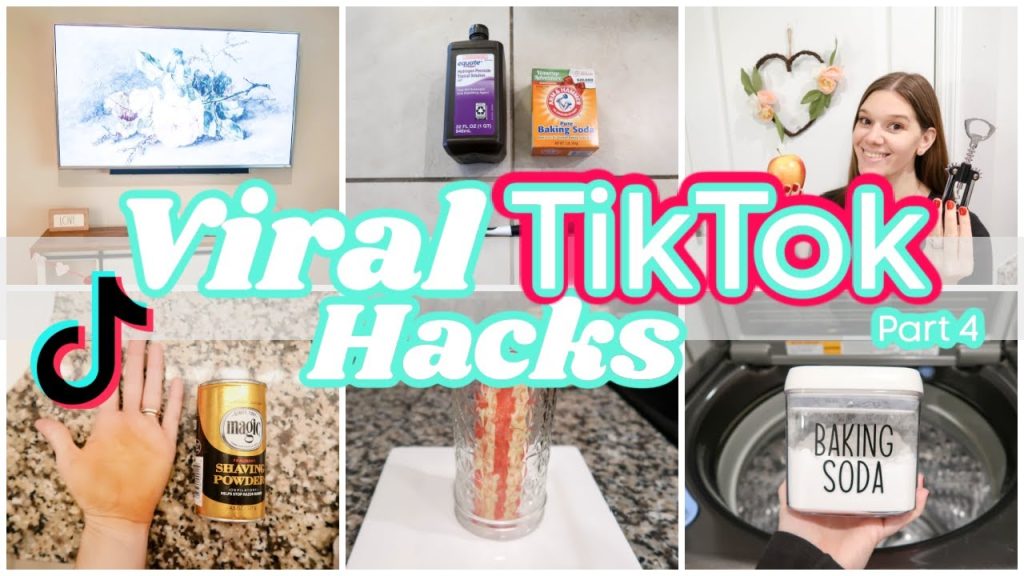
Throughout the pandemic, the emergence of #CleanTok became one of the many TikTok phenomenon’s; this cleaning boom materialised with the help of the giant corporation, Unilever’s, endorsement. The fascination of turning a messy space into a polished, aesthetically enticing haven has garnered nearly 98.5 billion views and points to trends being borne from nations spending extraordinary amounts of time at home.
A reason for this turn to social media could be one of many: loneliness, boredom, simply coping from the surplus amount of spare time… anything goes when you are left to fend for yourself like an 11 month staggering to their feet for the first time. Studies show the COVID-19 pandemic imposed digital platforms as the only means for people to maintain socio-emotional connection. The idea of `peer-connectedness` became a staple term amongst subsequent scholarly observation on increased social media use over the pandemic. Social media was a way for us to realign as social beings and relate to each other during a time of unprecedented loneliness.
Romanticisation of the everyday and mundane

The pandemic pushed the boundaries of what constituted a “normal” daily routine to the extreme. For remote workers, the familiar routine of popping out to grab a Tesco meal deal during lunchtime was no longer an option, forcing them to adapt to new ways of working and eating amidst the challenges of lockdown. It was a `reminder to look for moments of beauty and embrace minimalism. `
A facet of this romanticisation of the everyday and mundane was, of course, TikTok. One blogger expressed, “In the age of coronavirus, #CleanTok is especially relevant, as users far and wide are acutely aware of the need for sanitized spaces.“ This proposes the enduring time we were spending in our own homes instigated the need to elevate our environment into one of a clean space and tidy mind.
Statista’s global survey on the pandemic underscores a surge in online activity, with 40 percent of consumers dedicating more time to messaging services and social media. This heightened engagement not only spurred an increase in content promoting home cleanliness but also led to a rise in consumer spending on related products and services. For instance, content creator Rachel Hess, aged 21, captivated audiences with a video demonstrating her unique method of pressing eucalyptus leaves with a rolling pin and hanging them in her shower. The video garnered over 6.8 million views and was accompanied by the caption, “Romanticize yourrrr lifeeeeeee.” Rachel’s approach epitomizes the #CleanTok trend, showcasing innovative ways to find comfort and tranquility within one’s home.
Celebrity Endorsement
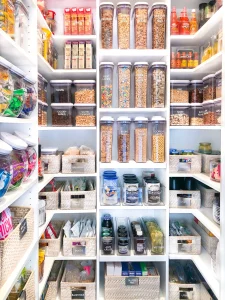
In the midst of this burgeoning trend toward romanticised cleaning, celebrity endorsements amplified the hype. Notably, household names like the Kardashians showcased their impeccably organised pantries filled with neatly categorised jars of food, while Selena Gomez demonstrated rigorous fruit and vegetable cleaning methods to her vast audience. Amid a period of disconnection, many celebrities leveraged their social platforms to foster connections with their followers. By epitomising desired lifestyles, they instilled a sense of aspiration and accomplishment, offering a semblance of control amidst the chaos of the pandemic. As A-listers led the way, they guided and inspired audiences worldwide.
Mental Health
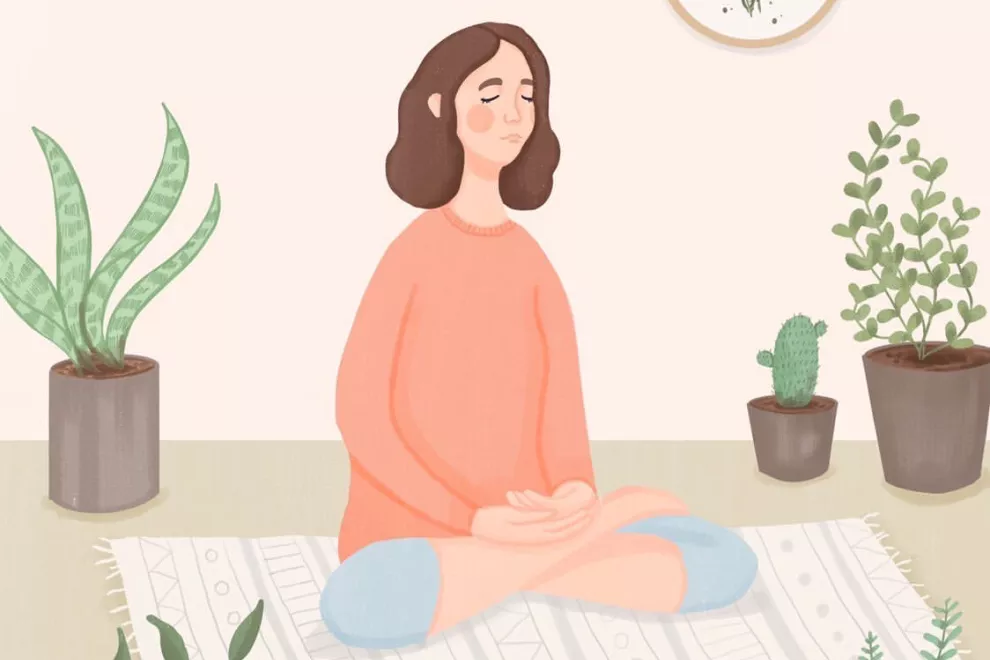
The hyper fixation on social media was propelled by the notable plummet in mental health over the pandemic. Heightened levels of anxiety, stress, and loneliness were pervasive among individuals amidst the COVID-19 pandemic and subsequent lockdowns (Cielo et al., 2021). As a result, many turned to social media platforms as a means of maintaining semblances of normalcy in their routines and nurturing social connections (Drouin et al., 2020). This can be reflected in the celebrity endorsement and popularity of growing trends, such as #CleanTok across TikTok.
The rise of TikTok can be attributed to several factors; with the catalyst being the worldwide pandemic which led to mass lockdown and people spending more time on their digital devices. The search for social connections meant TikTok became a forum to do so, with celebrities also joining in to create a sense of camaraderie.


Sunny Side Up: A Monthly Dose of Happy News – Edition 1
A little sunshine for your scroll Welcome to the first edition of Sunny Side Up, a new monthly series from Ecoegg, bringing you happy news

Stay Fresh on the Road: How to Do Laundry While Backpacking or Living Van Life
Planning a holiday of a lifetime or a weekend getaway? You might want to add and Ecoegg Laundry Detergent Egg to your packing list. Our
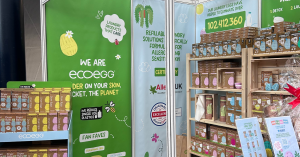
Our time at the Allergy and Free From Show 2025
Last week we headed to the Allergy and Free From Show. We met so many inspiring businesses and it was great to connect with brands

Going on holiday or travelling? Here’s how to pack like a pro -sustainable edition
Jetting off on an adventure? Whether you’re heading for a long weekend or a month-long escape, packing sustainably can lighten your footprint and your suitcase.

How to wash your sports kit using the Ecoegg Laundry Detergent Egg
Whether you’re hitting the gym, enjoying the occasional padel match, or training hard for your next big win, your sports kit goes through a lot.

Interview with the Founder: How the lack of allergy-safe laundry detergent sparked the idea for Ecoegg
Finding the right laundry product that doesn’t aggravate your sensitive skin can be a challenge. In more recent years the laundry industry has come leaps


